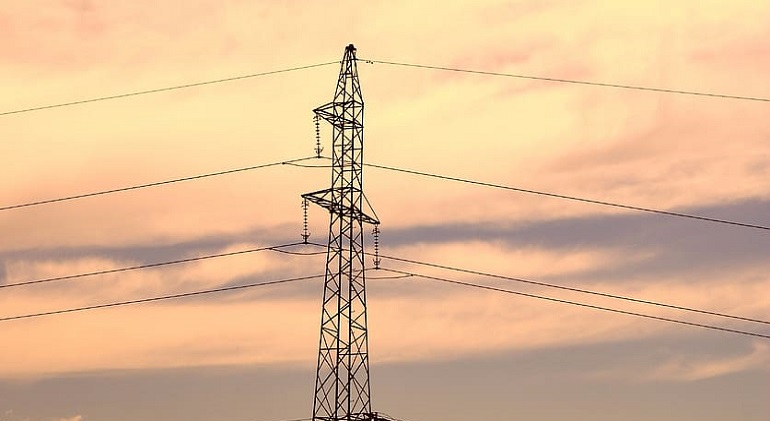

On April 20, 2020, Serbian and Kosovar* transmission system operators (“TSOs”) finally took a step forward to end a years-long dispute. The breakthrough came on the back of protracted negotiations between the Kosovar* TSO KOSTT and the Serbian TSO EMS, facilitated by the European Network of Transmission System Operators for Electricity (“ENTSO-E”). The vote on the draft Connection Agreement was successfully concluded by the Regional Group of Continental Europe.
Thanks to this vote and the subsequent deal, KOSTT and Kosovo* will leave the Serbia-Montenegro-North Macedonia control block and form the Kosovo*- Albania control block, as announced a number of months ago. Once signed and implemented, this Connection Agreement should resolve the dispute and contribute to market integration in the Western Balkans.
So far, KOSTT has been part of the Serbia-Montenegro – North Macedonia control block, coordinated by Serbian TSO EMS (Serb. Elektromreža Srbije). Referring to the aforementioned dispute, KOSTT decided to disconnect from the Serbian regulatory area and join a regulatory block with Albania’s TSO OST.
In December 2019, KOSTT and Albania’s TSO OST signed the agreement on establishing a regulatory block of energy system Kosovo* – Albania. According to KOSTT, ENTSO-E was familiar with the agreement signed in Tirana with the consent of the two national energy regulatory agencies. As explained, this regulatory bloc aims to facilitate the operation of Albanian and Kosovar* power systems, as well as to secure balancing in both systems, reduce costs and enable the exchange of system reserves.
Namely, a set of bilateral agreements governing the relationship between KOSTT and EMS provides for mutual compensation for electricity transits. However, KOSTT claimed that EMS ceased compensating KOSTT for electricity transits and revenues from allocating transmission capacity on the interconnectors with the countries neighboring Kosovo*. The problem took on an international dimension when KOSTT failed to maintain the required frequency of 50 hertz in the transmission network for more than a year and a half, allegedly initiated by the fact that electricity in the north of Kosovo is not billed, and even if it is billed, KOSTT does not receive that money.
In 2008, a dispute was formally brought by KOSTT to the Energy Community Secretariat (“Secretariat”), which assesses the compliance of a contracting party with Energy Community law. The Secretariat found that the lack of compensation to KOSTT for costs incurred as a result of electricity transit on the network operated by it violates Regulation (EC) 1228/2003. It was assumed that revenues were not used for the benefits of either the availability of the allocated capacity, nor investments into the network operated by KOSTT, nor as income taken into account to reduce the overall level of transmission tariffs on the network operated by KOSTT.
In October 2016, the Energy Community Ministerial Council found that the Republic of Serbia has failed to comply with its obligation and required it to take all appropriate measures to rectify the identified breaches and to ensure compliance with the Energy Community law by December 2016. With the adoption of this Decision, the case was closed.
However, the Secretariat initiated a new case in October 2017, claiming that the Republic of Serbia failed to take any measures to rectify the identified breaches and that non-implementation of Ministerial Council Decision constitutes a breach of Energy Community law.
As was once noted by the German government, the dispute between KOSTT and EMS is frustrating investments in the region’s energy sectors and blocking regional market integration in the Western Balkans. The Connection Agreement i.e. the end to what was a protracted and one of the most complex disputes in the Energy Community paves the way for establishing amicable relations and potential cooperation in the future. Recall the words of Mr. Janez Kopač, Director of the Energy Community Secretariat, who said in an interview that all operators could be integrated into a single regulatory Balkan block, which would benefit everyone, bearing in mind that one of the purposes of Energy Community membership is to establish regional market integration.
* This designation is without prejudice to positions on status and is in line with UNSCR 1244 and the ICJ Opinion on the Kosovo declaration of independence.
Authors: Nadja Kosić and Slavica Purić